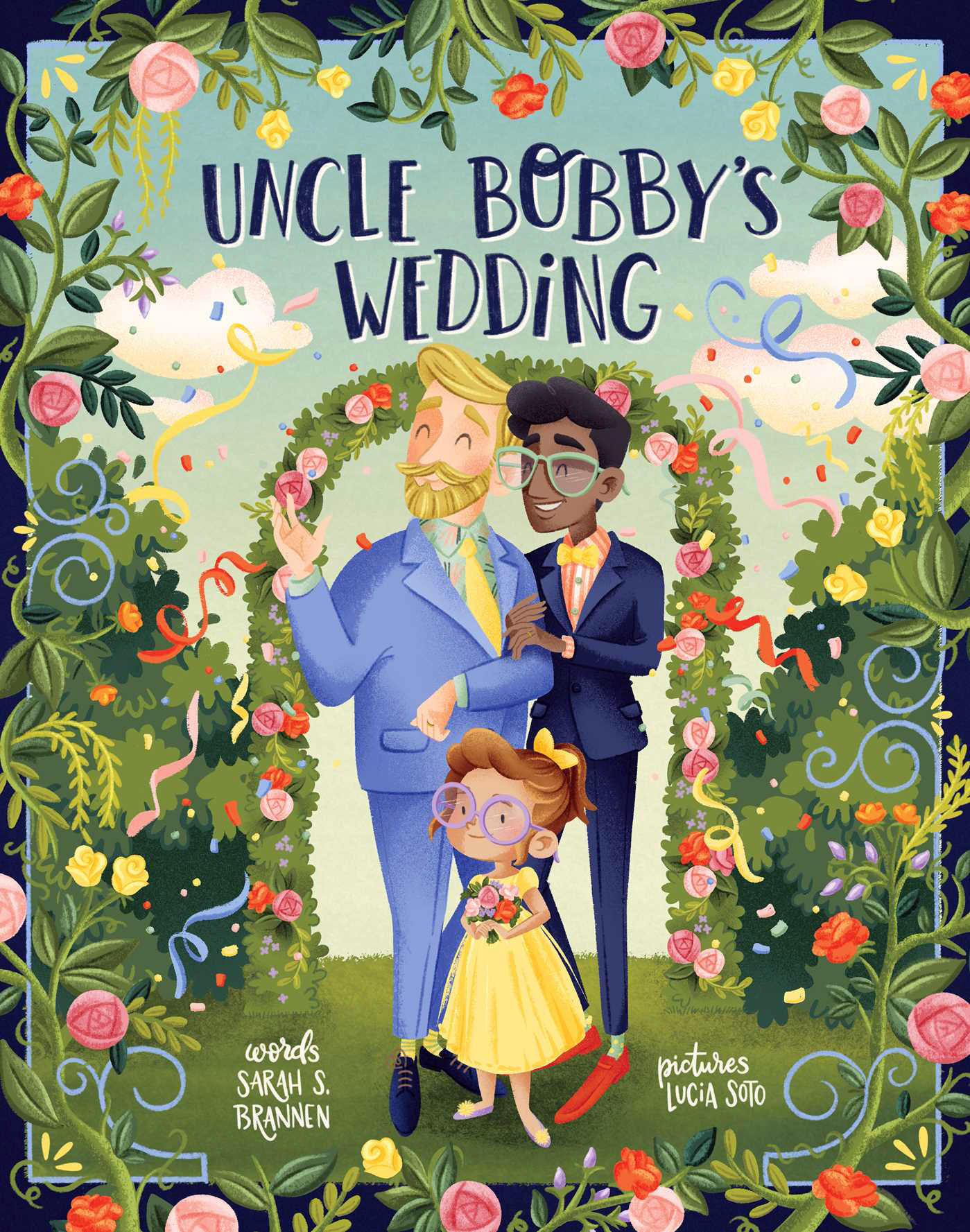
(RNS) — Last week, the U.S. Supreme Court ruled that parents have a right to withdraw their children from public school classes when stories with LGBTQ+ themes are being discussed.
Writing for the court’s 6-3 conservative supermajority, Justice Samuel Alito used as an example “Uncle Bobby’s Wedding,” a book that, according to Alito, “presents a specific, if subtle, message about marriage. It asserts that two people can get married, regardless of whether they are of the same or the opposite sex, so long as they ‘love each other.’ That view is now accepted by a great many Americans, but it is directly contrary to the religious principles that the parents in this case wish to instill in their children.”
In a dissent signed by the court’s three liberals, Justice Sonia Sotomayor pointed out that the decision would have the effect of permitting students to opt out of any school activity that violates their parents’ religious beliefs.
Here’s a quiz to gauge how you view the justices’ ruling: Answer Y if you believe public schoolchildren should be permitted to opt out of the following, N if not. Put your response in the comment section below as follows, e.g.: 1N, 2Y, 3N, 4Y, etc. Bases for religious grounds for opting out are in parentheses. Feel free to include explanations.
1. Biographies of famous female political leaders such as Margaret Thatcher, Indira Gandhi, Golda Meir, and Hillary Clinton for presenting a subtle message that it’s good for women to work outside the home. (Religious belief in traditional gender roles)
2. An American history textbook for presenting the subtle message that religious freedom is a good thing in its description of the Puritans coming to America in order to worship as they please. (Catholic Integralism)
3. John Milton’s “Paradise Lost” for portraying Satan as evil. (Satanism)
4. The Bible for conveying the overt message that the Judeo-Christian God is the one and only God. (Hinduism)
5. A biology textbook for teaching that life on Earth evolved over millions of years. (Fundamentalist Protestantism)
6. The Pledge of Allegiance for treating a country as an object of worship. (Jehovah’s Witnesses’ Truth)
7. A social studies textbook for presenting a non-subtle message that chattel slavery is a bad thing. (Christian Identity)
8. Shakespeare’s “The Merchant of Venice” for implying that Christians are better than Jews. (Judaism)
9. The “Song of Roland” for presenting the overt message that Muslims are bad. (Islam)
10. Mozart’s “Magic Flute” for presenting a subtle message of support for Freemasonry. (Catholicism, Greek Orthodoxy)
11. A world history textbook for containing a critical message about the Crusades. (Christianism)
12. A prayer led by a football coach for conveying a not-so-subtle endorsement of Christianity. (Judaism, Islam, Hinduism, Sikhism, etc.)
Your correspondent will tally the answers and comment on the results in a subsequent column.
